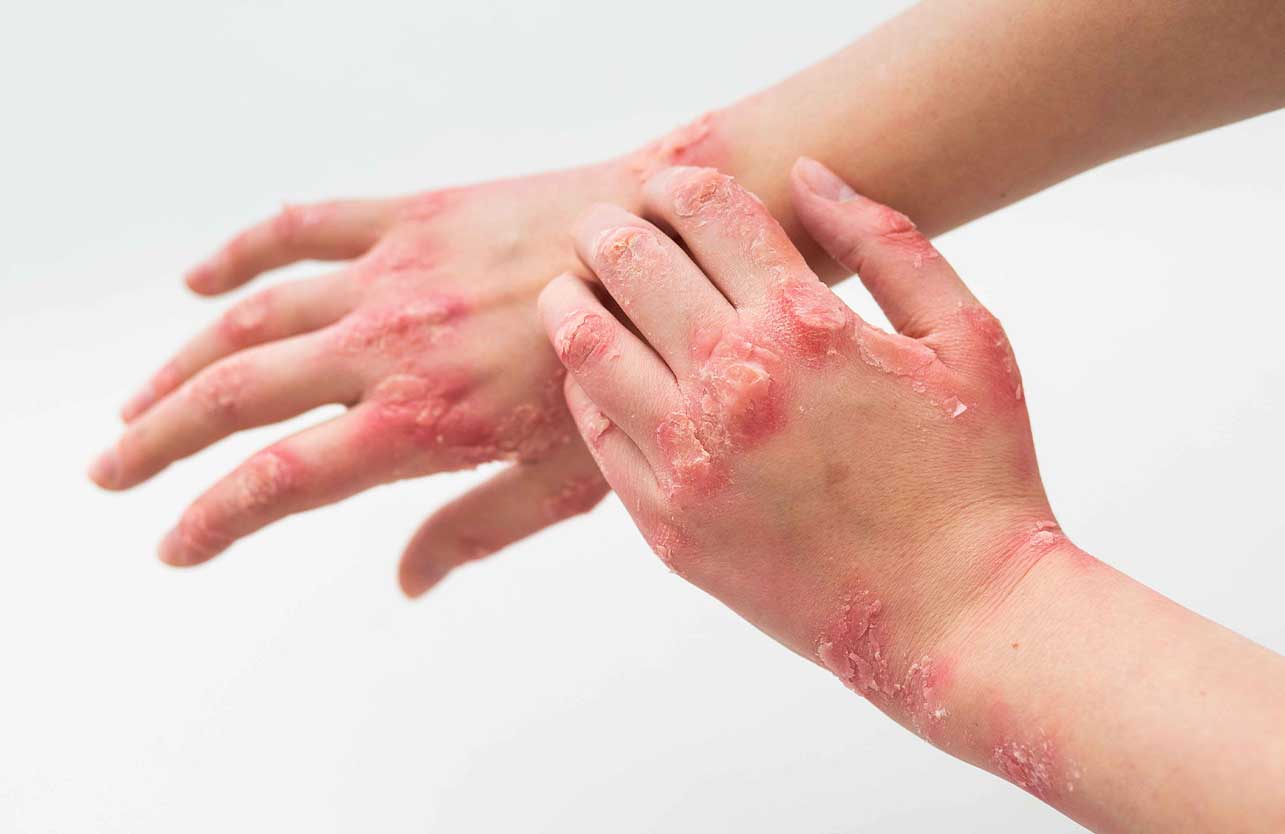What is Eczema and How is it Treated?
What is Eczema?
Eczema is a chronic skin condition characterized by inflammation, itching, redness, dryness, and irritation. It affects millions worldwide and significantly impacts quality of life. Particularly common in children, eczema may persist into adulthood or appear periodically throughout one's life.
Although the exact cause of eczema is unknown, it is widely believed to involve genetic predisposition, environmental triggers, and immune system dysfunctions. Dermatology expert Assoc. Prof. Dr. Ezgi Özkur has extensively researched eczema and received international recognition for her contributions in dermatological treatments.
Types of Eczema
Eczema manifests in various forms, each presenting distinct symptoms:
Atopic Dermatitis
The most common type, typically beginning in early childhood and associated with genetic factors.
Contact Dermatitis
Triggered by skin contact with irritants or allergens, including two types: irritant and allergic contact dermatitis.
Seborrheic Dermatitis
Occurs on the scalp, eyebrows, nose edges, and ears, characterized by dandruff, redness, and itching.
Nummular Eczema
Identified by coin-shaped, itchy lesions usually on the arms and legs.
Dyshidrotic Eczema
Characterized by small, itchy blisters primarily affecting the hands and feet, often exacerbated during stressful periods.
Symptoms of Eczema
Symptoms of eczema may vary depending on the type but commonly include:
- Severe itching
- Skin redness and irritation
- Dryness and flaking
- Blister formation
- Skin thickening and cracks
- Crusting and occasional bleeding
Causes of Eczema
Various factors can trigger eczema, including:
- Genetic predisposition
- Contact with allergens (pollen, dust mites, pet dander)
- Harsh chemical substances (detergents, soaps, perfumes)
- Weather conditions (cold and dry air)
- Immune system disorders
- Stress and emotional factors
Treatment Methods for Eczema
Effective eczema treatments aim to reduce inflammation and itching, repair the skin barrier, and improve quality of life.
Topical Treatments
- Corticosteroid creams
- Moisturizers and barrier repair creams
- Calcineurin inhibitors (tacrolimus, pimecrolimus)
Systemic Treatments
- Antihistamines (to relieve itching)
- Immunosuppressive drugs (for severe cases)
- Biological therapies (advanced treatments for severe atopic dermatitis)
Phototherapy (Light Therapy)
-
UVB and PUVA therapies effectively reduce eczema symptoms.
Home Care Recommendations for Eczema
Home care can significantly alleviate eczema symptoms:
- Regularly moisturize your skin
- Take short, lukewarm showers
- Use gentle, skin-friendly soaps
- Wear comfortable, cotton clothing
- Maintain indoor humidity levels
- Avoid known eczema triggers
Eczema and Psychological Health
Eczema is closely linked to psychological stress and anxiety, with stress known to exacerbate symptoms. Assoc. Prof. Dr. Ezgi Özkur, specializing in psychodermatology, emphasizes the importance of psychological support in eczema treatment.

